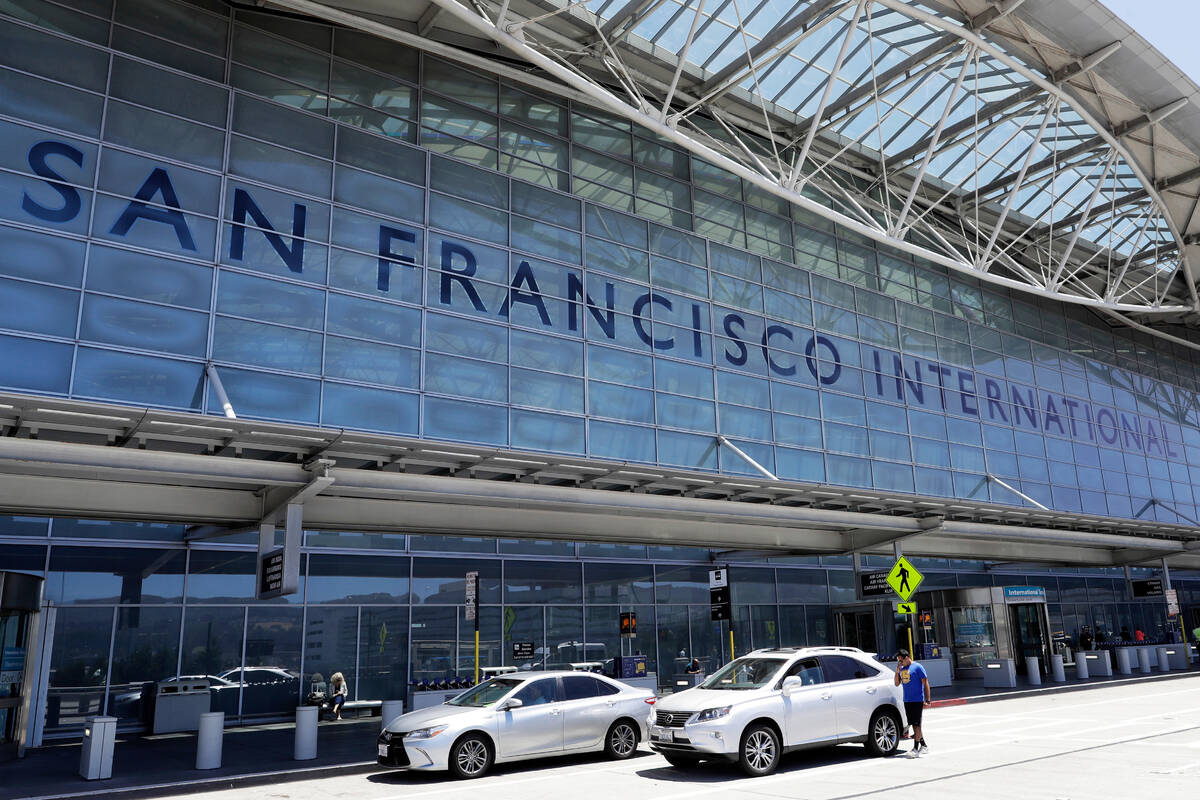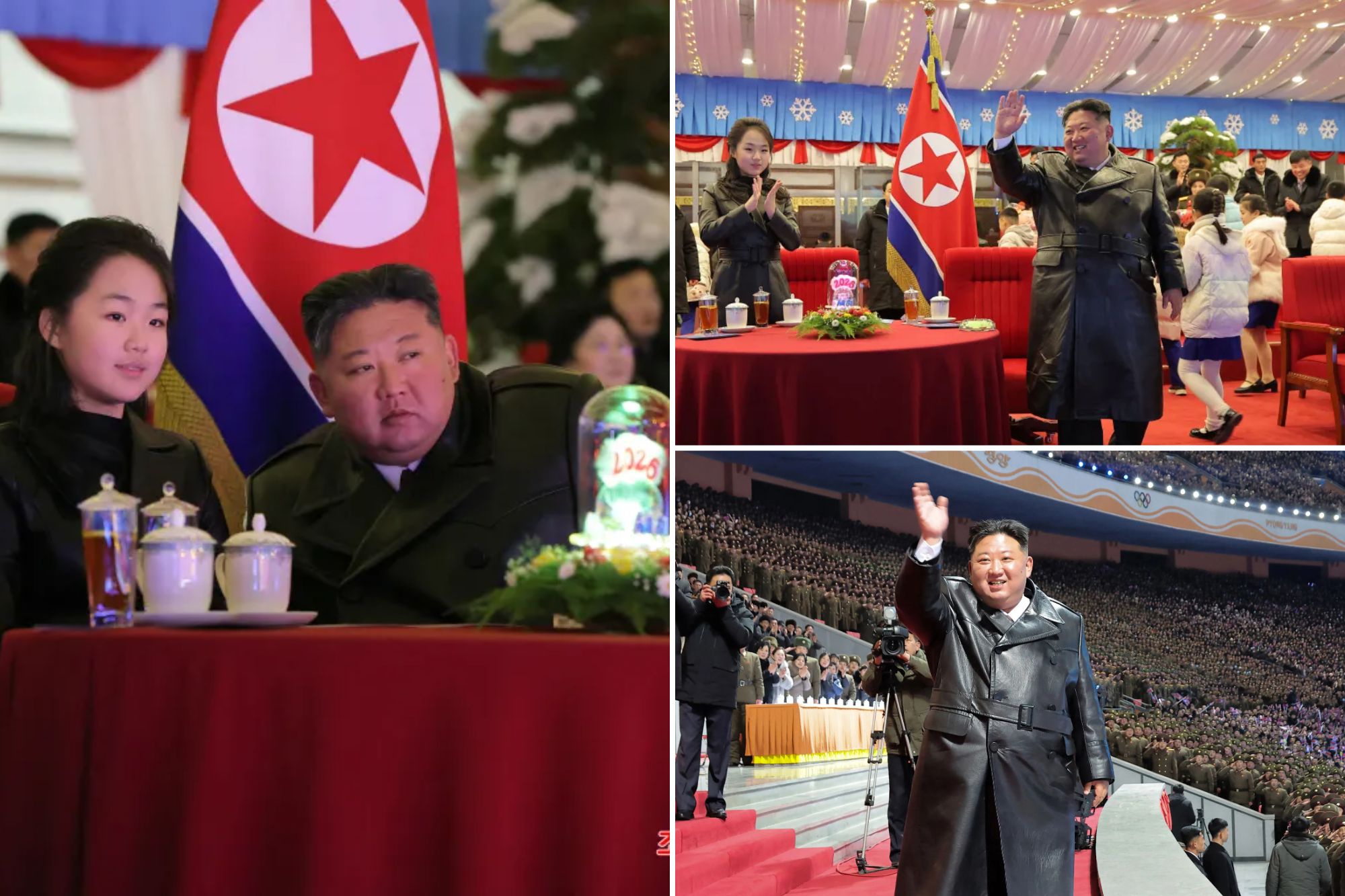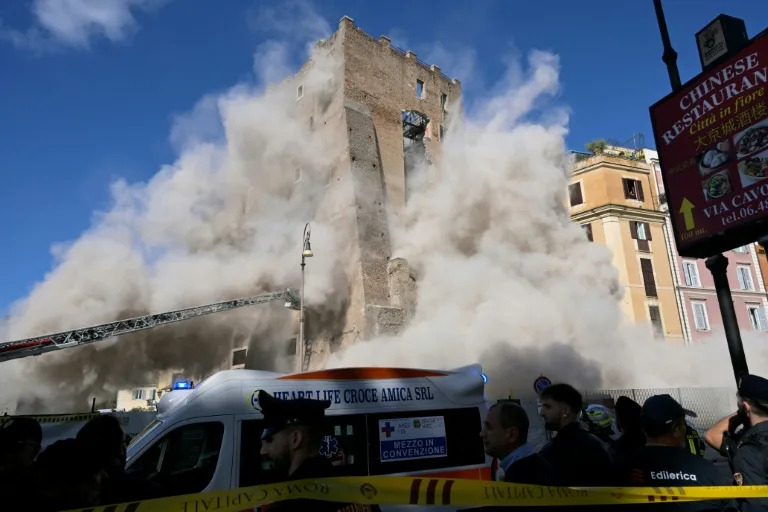British political commentator Sami Hamdi has been detained by U.S. Immigration and Customs Enforcement (ICE) at San Francisco International Airport. His detention occurred on Monday, following a speaking tour in the United States where he addressed various events, including a gala for the Council on American-Islamic Relations (CAIR) in Sacramento, California. Federal officials indicated that his detention was linked to critical comments he made about the Middle East.
Details of the Detention
Hamdi, who is a Muslim, had been scheduled to speak at a CAIR event in Florida the day after his arrest. According to a senior U.S. official, a decision was made to revoke his visa after reviewing his past and current statements regarding the Middle East. The official, who spoke on condition of anonymity, confirmed that Hamdi was traveling on a visitor visa rather than under the Visa Waiver Program, which he may have qualified for as a British citizen.
ICE stated that Hamdi entered the U.S. on October 19, 2023, and that his visa was revoked on October 24, 2023. The agency emphasized that Hamdi was detained because he was illegally in the country and would face immigration proceedings. The specifics regarding which comments prompted the visa revocation remain unclear.
In a social media post, CAIR condemned the detention, asserting that Hamdi had not been deported and remains in U.S. custody. The organization has called for his immediate release, citing concerns over potential violations of freedom of speech. This incident highlights a broader trend during the Trump administration, which has intensified efforts to identify and potentially expel foreign nationals accused of supporting protests against Israel’s military actions in Gaza.
Government Response and Criticism
The U.S. Department of Homeland Security has defended its actions, stating that “the United States has no obligation to host foreigners” who are perceived to support terrorism or undermine public safety. Critics argue that such actions infringe upon constitutional protections for freedom of speech, which apply to all individuals within the United States, regardless of citizenship.
Hamdi has faced scrutiny for his remarks, particularly for comments made in a video shortly after the conflict in Gaza escalated. He has denied allegations of endorsing violence, clarifying that his statements were intended to contextualize the oppression faced by Palestinians. “No one is saying October 7 was right. People are saying it was a natural consequence of the oppression,” he stated during a speech in February 2024.
In response to inquiries, a Homeland Security representative directed attention to a State Department statement expressing gratitude for efforts to remove Hamdi. The statement did not specify the nature of Hamdi’s comments but reinforced the administration’s stance on visa revocations for individuals deemed to pose a threat.
The ongoing detention of Hamdi has raised alarms among civil rights advocates, who view it as part of a pattern of increasing restrictions on free speech and assembly. The situation continues to develop, with the potential for further legal and political ramifications as advocates seek to mobilize support for Hamdi’s release.
The British government has confirmed its awareness of the situation, stating that it is in contact with Hamdi’s family and local authorities in the United States. As the case unfolds, it highlights the delicate balance between national security measures and the protection of individual rights, a debate that remains as relevant as ever in today’s geopolitical climate.







